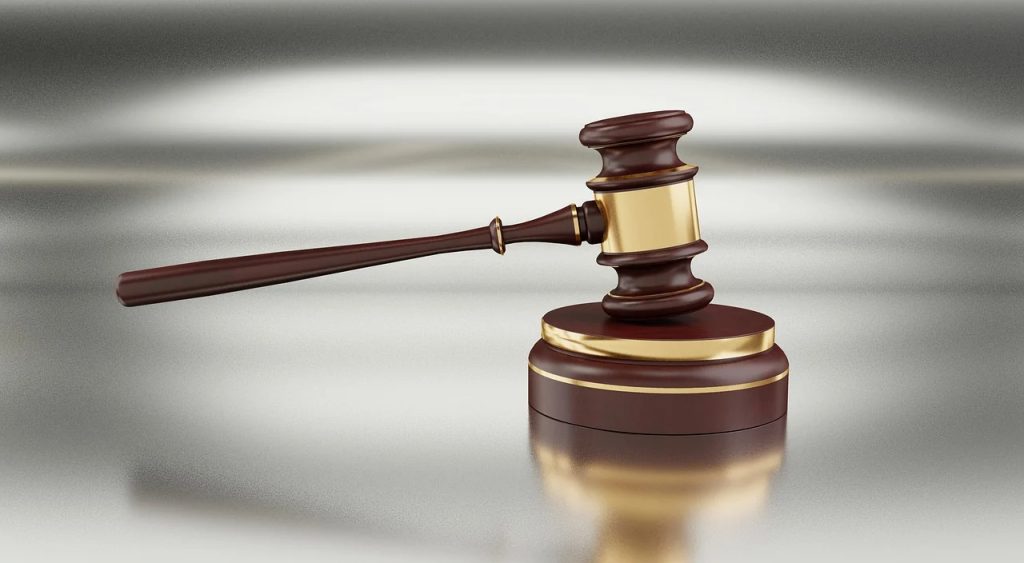The New Social Media Law That Is Creating A Huge Controversy
A new social media law that one state is desperately trying to pass has become a significant source of heated controversy.
This article is more than 2 years old

Since the beginning of the pandemic, social media platforms have been under immense criticism from right-wing politicians. The scrutiny mostly surrounded social media’s ability to have its own terms of service and guidelines, kicking off popular conservative pundits for crossing those lines. One of the most significant offenses was spreading misinformation about vaccines and COVID, a transgression that even the president was committing at the time. After kicking off 45 from Twitter for perpetuating COVID misrepresentation, conservatives rallied together to condemn online platforms for their “leftist” agenda.
Those critical of social media platforms who believed that they were too powerful or aligned themselves with a particular agenda tried to fight their guideline autonomy. In Texas, a social media law was put forward to restrict their capability of writing their own terms of service. The Supreme Court temporarily blocked this proposed law, stating that it interferes with America’s First Amendment Rights. But this doesn’t mean that social media platforms should celebrate just yet.
The Supreme Court blocking the attempted law doesn’t indicate a complete removal of the bill. Instead, the bill will go to a lower court and have those judges decide whether it will pass or be denied. The Supreme Court’s ruling wasn’t a unanimous decision, showcasing the judges’ split ideologies on social media platform regulations. The ruling was narrowly decided, with five judges voting to block it while four voted in favor of the proposed legislation. If the bill lands back in the Supreme Court’s hands, the Texas law could have another chance at being passed.
Social media platforms have been under immense pressure and scrutiny since the coronavirus outbreak began in 2020. Not only were platforms like Facebook and Twitter attempting to condemn harmful misinformation about the disease, but they tried to curb white supremacist hate speech that ultimately led to the storming of the US Capital building. Many standard regulations implemented by social media groups often deny the spreading of hate speech and violent rhetoric. Critics, especially conservative ones, believe that these guidelines were imposed recently to curtail right-wing thought. But, these types of terms are typical practices for websites, which don’t affect individuals based on a political party any differently.
Both conservatives and democrats believe that websites, social media platforms, and other virtual businesses should have lawful regulation. Though each political side of the spectrum wants laws that inform social media practices, right-wing affiliates wish to limit “Silicon Valley’s” supposed omnipotence online. At the same time, left-wing critics look for harsher hate speech and violence restrictions. When President Trump was removed from Twitter in the wake of the insurrection, his followers were galvanized to defend him, believing that tech elites were plotting against the former president. But, Twitter’s terms of service have not allowed hate speech or threats since its inception and simply banned Trump through its standard protocol.
The proposed Texas law could bounce back to the Supreme Court if it passes through a lower court’s jurisdiction. Though many are rallying behind social media’s right to kick off those who violate their terms of service, some politicians are working harder than ever to suppress these platforms’ autonomy.





